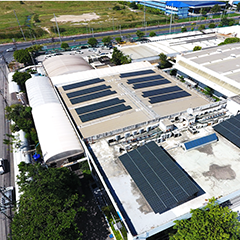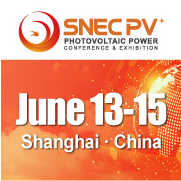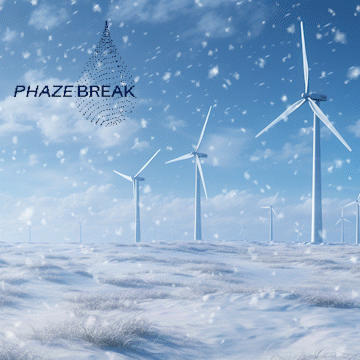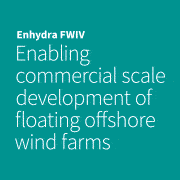As market shifts from selling generated electricity to self-consumption, company plans to increase sales 2.5x YOY
Kyoto/London, July 11, 2017 – In November 2016, the Paris Agreement went into effect as a new international framework to prevent climate change, determining that the international community – including emerging and developing nations – needs to take serious action. In the same year, 34 companies*1 joined the RE100 – a global initiative of enterprises committed to 100 % renewable power. As the private sector is actively implementing renewable energy, Kyocera Corporation is expanding its solar energy business in Thailand, with plans to increase sales in the country by 2.5 times during the year ending March 31, 2018 compared with the previous year. Environmental, social and governance (ESG) investing is expanding globally as well, with 30 %*2 of total managed assets said to be considering ESG factors.
Promotion of Solar Energy by the Thai Government
While Thailand is blessed with abundant solar radiation, its growing economy has led to increased greenhouse gas emissions. Furthermore, the country depends heavily on energy imports, with approximately 60 % of its energy derived from imported fossil fuels*3. With the goal of almost tripling its cumulative installed capacity of solar energy, from 2,021 MW in 2015 to 6,000 MW by 2036*4, Thailand has adopted various government incentives including promoting rooftop solar for self-consumption, which can reduce reliance on electricity grids for homes or businesses.
Partnership with SPCG, Thailand’s Leading Solar Developer
Since 2009, Kyocera has collaborated with Thailand’s leading solar developer, SPCG Public Company Limited (SPCG), developing 35 solar farms utilizing Kyocera solar modules from 2009 to 2014 and subsequently expanding from solar farms to rooftop solar systems. Kyocera approximately tripled its total sales in the country over the last fiscal year, and is planning to further increase sales by 2.5 times during the current fiscal year ending March 31, 2018.
Kyocera has been recognized for its high-quality solar modules and is the only manufacturer to appear as a “top performer” in all categories of DNV GL’s PV Module Reliability Scorecard for three times in a row (released in 2014, 2016 and 2017). As self-consumption solar system use increases, long-term reliability is an important consideration for modules due to the lower cost of generating electricity (cost per kWh) as the system generates power for a longer period of time. As a pioneer in the solar industry, Kyocera systems have been in operation for decades including the Kyocera Sakura Solar Energy Center in Chiba Prefecture (Japan) where the company’s modules have been operating continuously for more than 30 years since installation. Based on proven reliability, Kyocera will continually promote rooftop systems in Thailand and will consider business expansion in other ASEAN countries through collaboration with SPCG – as both companies share the goal of creating and leaving a sustainable society for the next generation through solar energy.




























